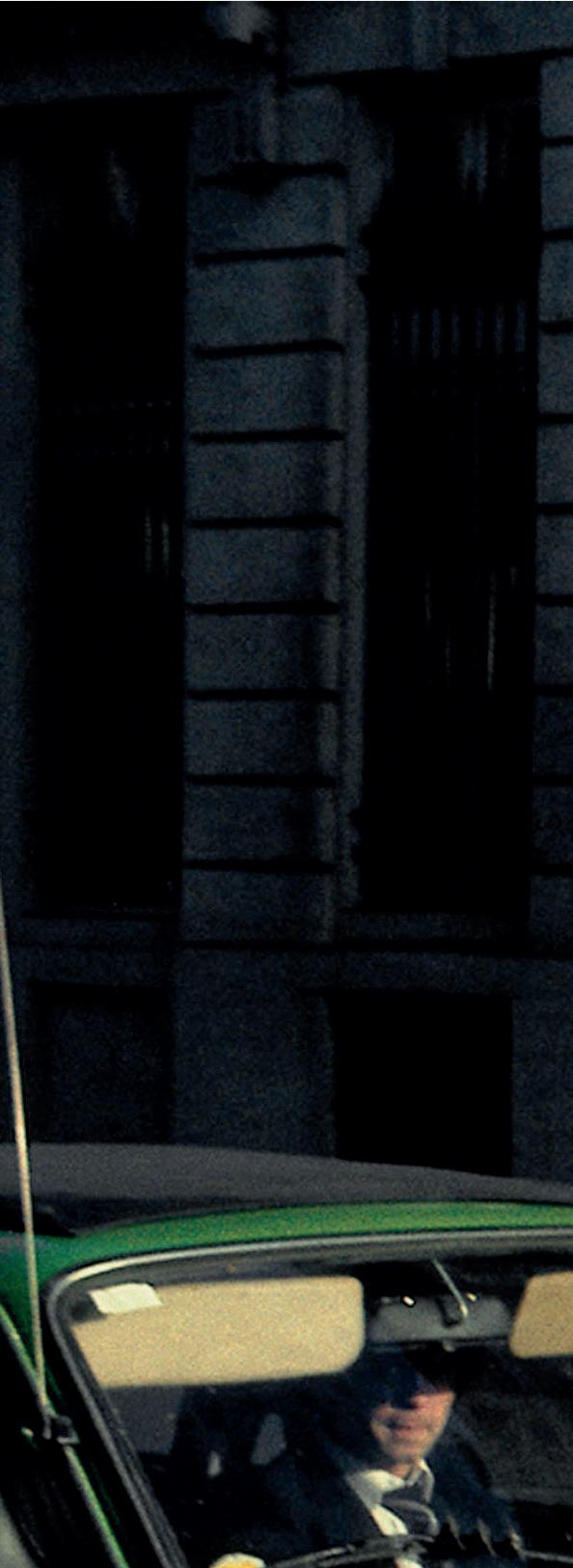
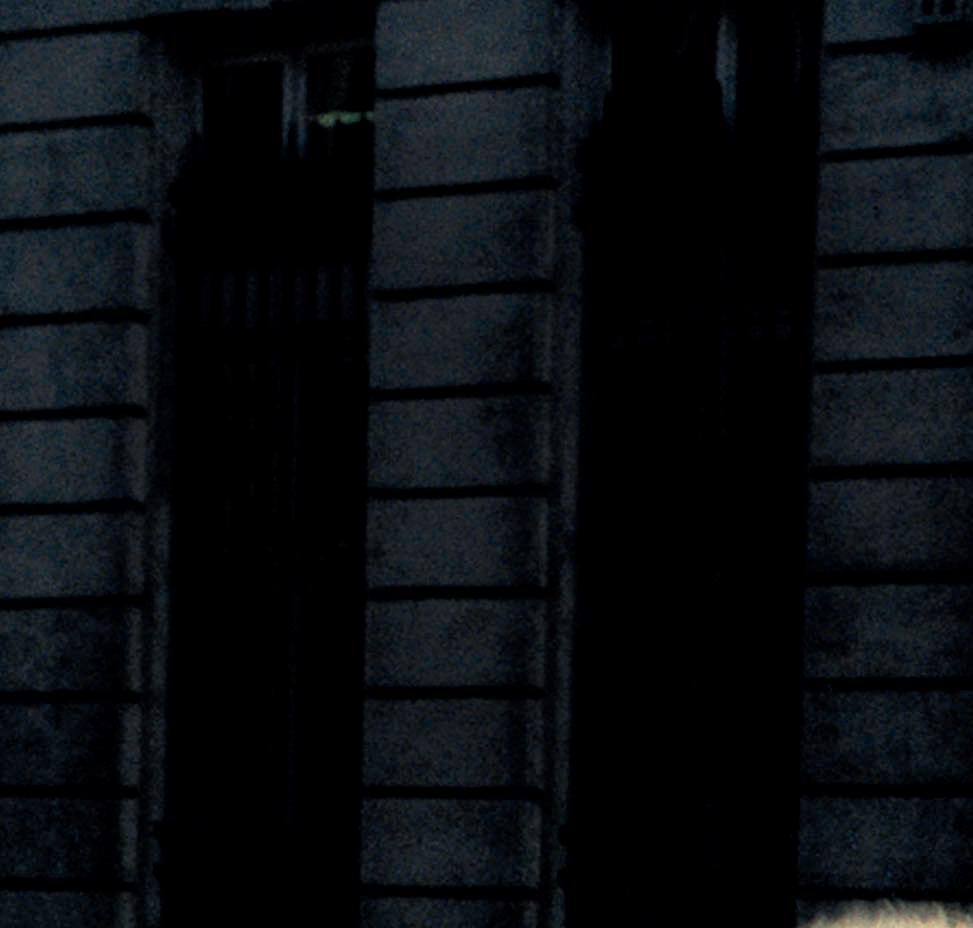





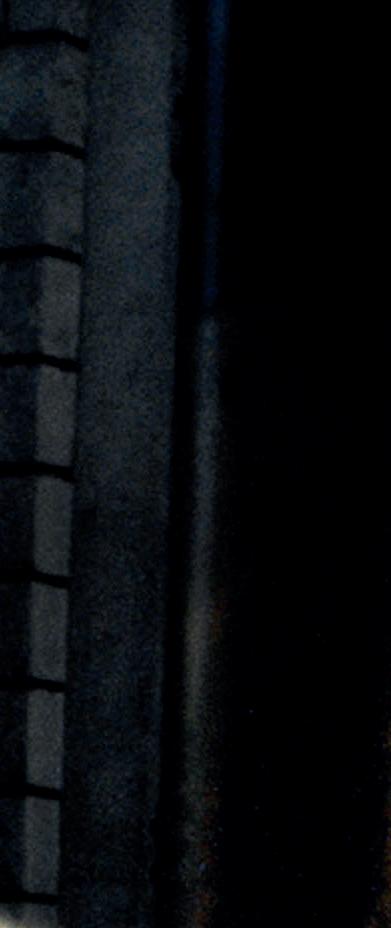

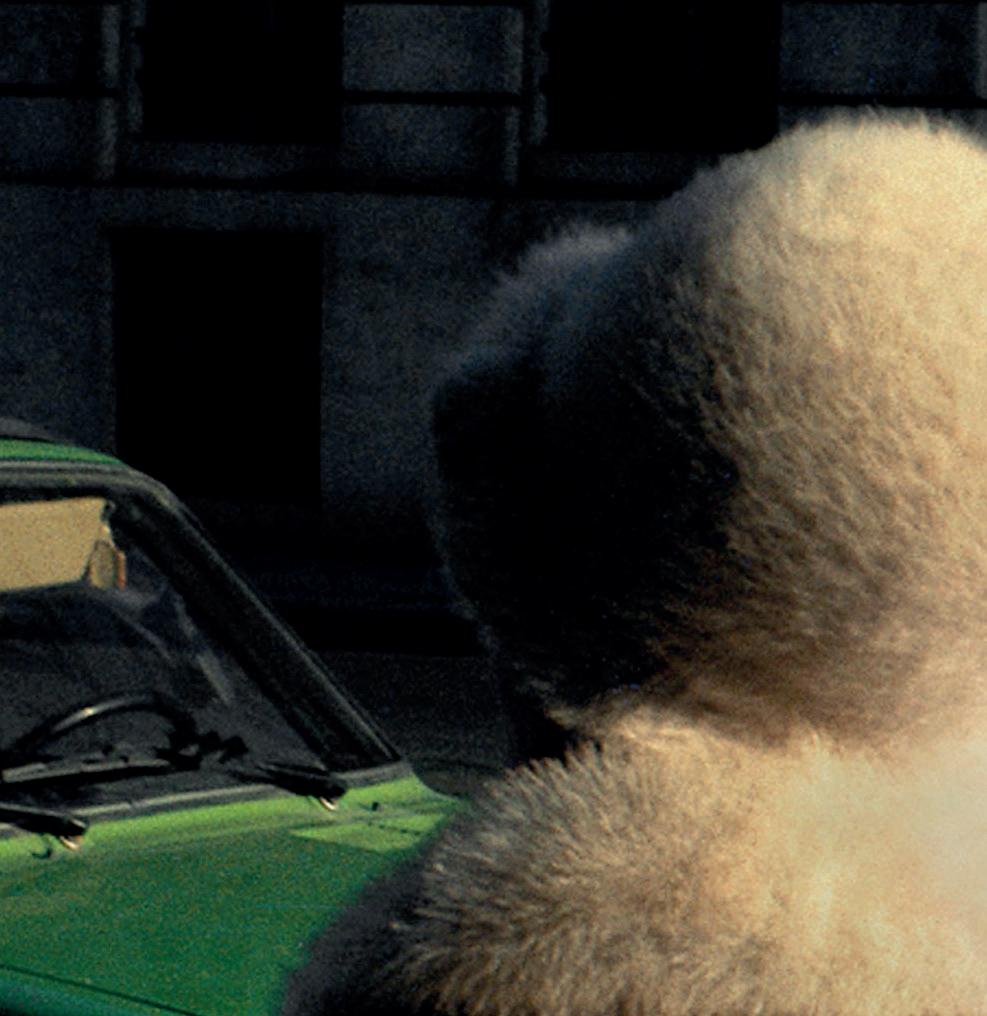
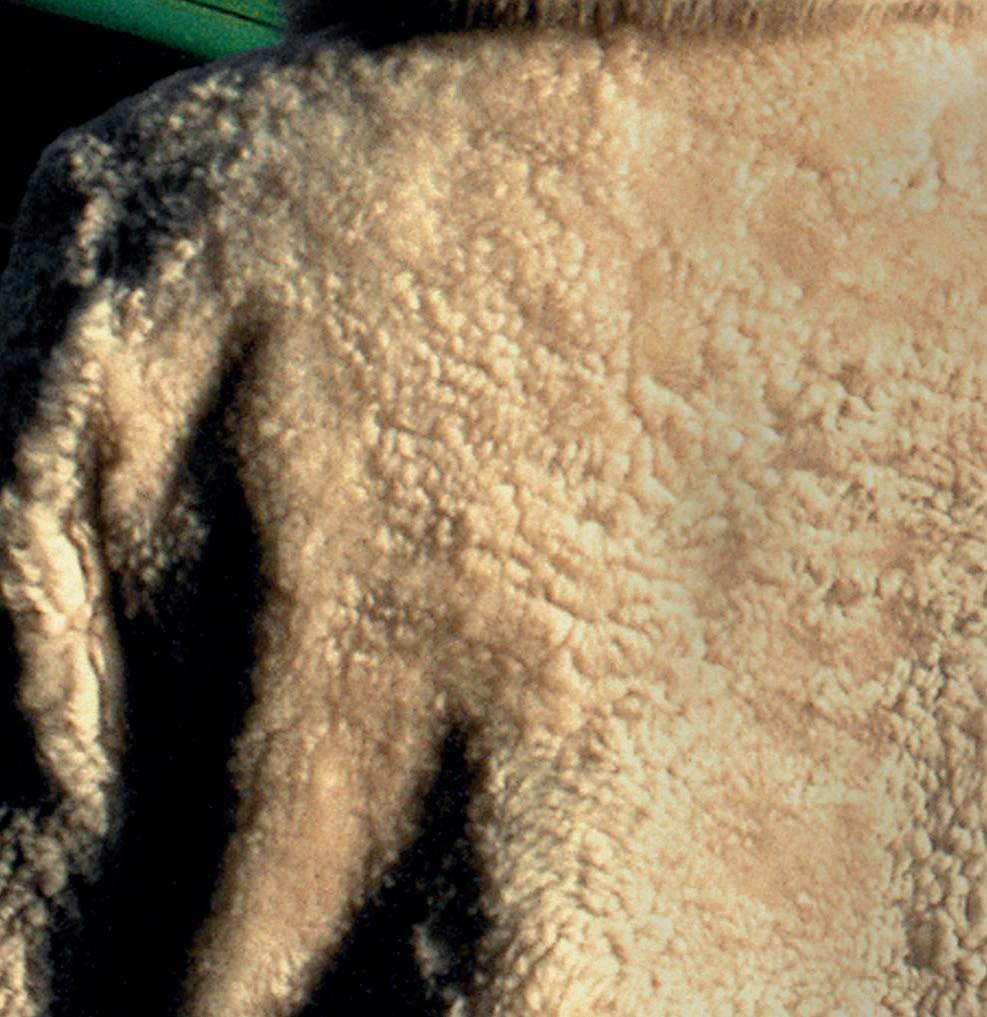



‘I love reading Simenon. He makes me think of Chekhov’ – William Faulkner
‘A truly wonderful writer . . . marvellously readable – lucid, simple, absolutely in tune with the world he creates’ – Muriel Spark
‘Few writers have ever conveyed with such a sure touch, the bleakness of human life’ – A. N. Wilson
‘One of the greatest writers of the twentieth century . Simenon was unequalled at making us look inside, though the ability was masked by his brilliance at absorbing us obsessively in his stories’ – Guardian
‘A novelist who entered his fictional world as if he were part of it’ – Peter Ackroyd
‘The greatest of all, the most genuine novelist we have had in literature’ – André Gide
‘Superb . . The most addictive of writers . . A unique teller of tales’ – Observer
‘The mysteries of the human personality are revealed in all their disconcerting complexity’ – Anita Brookner
‘A writer who, more than any other crime novelist, combined a high literary reputation with popular appeal’
– P. D. James
‘A supreme writer . . Unforgettable vividness’ – Independent
‘Compelling, remorseless, brilliant’ – John Gray
‘Extraordinary masterpieces of the twentieth century’ – John Banville
Georges Simenon was born on 12 February 1903 in Liège, Belgium, and died in 1989 in Lausanne, Switzerland, where he had lived for the latter part of his life. Between 1931 and 1972 he published seventy-five novels and twentyeight short stories featuring Inspector Maigret.
Simenon always resisted identifying himself with his famous literary character, but acknowledged that they shared an important characteristic:
My motto, to the extent that I have one, has been noted often enough, and I’ve always conformed to it. It’s the one I’ve given to old Maigret, who resembles me in certain points . . . ‘understand and judge not’.
Translated by ros schwartz
UK | USA | Canada | Ireland | Australia
India | New Zealand | South Africa
Penguin Classics is part of the Penguin Random House group of companies whose addresses can be found at global.penguinrandomhouse.com.
Penguin Random House UK
One Embassy Gardens, 8 Viaduct Gardens, London SW 11 7BW penguin.co.uk
First published in French as L’ombre chinoise by Fayard 1932
This translation first published 2014
Published in Penguin Classics 2025 001
Copyright © Georges Simenon Limited, 1932
Translation copyright © Ros Schwartz, 2014
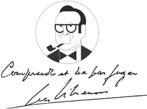

GEORGES SIMENON and ® , all rights reserved
MAIGRET ® Georges Simenon Limited, all rights reserved original design by Maria Picassó i Piquer

All rights reserved
The moral rights of the author and translator have been asserted
Penguin Random House values and supports copyright.
Copyright fuels creativity, encourages diverse voices, promotes freedom of expression and supports a vibrant culture. Thank you for purchasing an authorized edition of this book and for respecting intellectual property laws by not reproducing, scanning or distributing any part of it by any means without permission. You are supporting authors and enabling Penguin Random House to continue to publish books for everyone. No part of this book may be used or reproduced in any manner for the purpose of training artificial intelligence technologies or systems. In accordance with Article 4(3) of the DSM Directive 2019/790, Penguin Random House expressly reserves this work from the text and data mining exception.
Typeset by Palimpsest Book Production Limited, Falkirk, Stirlingshire
Printed and bound in Great Britain by Clays Ltd, Elcograf S.p.A.
The authorized representative in the EEA is Penguin Random House Ireland, Morrison Chambers, 32 Nassau Street, Dublin D 02 YH 68
A CIP catalogue record for this book is available from the British Library
ISBN : 978–0–141–39418–3
Penguin Random House is committed to a sustainable future for our business, our readers and our planet. This book is made from Forest Stewardship Council® certified paper.
It was ten p.m. The iron gates of the public garden were locked and Place des Vosges was empty. Glistening tyre tracks on the asphalt, the continuous play of the fountains, leafless trees and the regular shapes of identical rooftops silhouetted against the sky.
There were few lights under the splendid arcades encircling the square. Only three or four shops. Inspector Maigret could see a family eating inside one of them, cluttered with beaded funeral wreaths.
He was trying to read the numbers above the doors, but he had barely passed the wreath shop when a diminutive form stepped out of the shadows.
‘Is it you I just telephoned?’
She must have been watching out for a long time. Despite the November cold, she had not slipped on a coat over her apron. Her nose was red, her eyes anxious.
Less than 400 metres away, on the corner of Rue de Béarn, a uniformed police officer stood guard.
‘Didn’t you inform him?’ grumbled Maigret.
‘No! Because of Madame de Saint-Marc, who’s about to give birth . . . Oh look! There’s the doctor’s car, he was asked to come straight away.’
There were three cars drawn up alongside the pavement, headlamps on, red rear lights. The sky, with its
drifting clouds against a moonlit backdrop, had an ambiguous paleness. It felt as if the first snows were in the air.
The concierge turned under the archway at the building’s entrance, from which hung a twenty-five-candlepower bulb covered in a film of dust.
‘Let me explain. This is the courtyard – you have to cross it to get to all parts of the building, except for the two shops. This is my lodge on the left. Take no notice, I didn’t have time to put the children to bed.’
There were two of them, a boy and a girl, in the untidy kitchen. But the concierge didn’t go inside. She pointed to a long building, at the far end of the vast and beautifully proportioned courtyard.
‘It’s there. You’ll see.’
Maigret was intrigued by this curious little woman, whose restless hands betrayed her febrility.
‘There’s someone on the phone asking for a detective chief inspector!’ he had been told earlier at Quai des Orfèvres.
The voice on the other end was muffled. Several times he had repeated, ‘Please speak up, I can’t hear you.’
‘I can’t. I’m calling you from the tobacconist’s. So—’
And a garbled message followed.
‘You must come to 61, Place des Vosges right away . . . Yes . . . I think it’s a murder, but don’t tell anyone yet!’
And now the concierge was pointing at the tall first-floor windows. Behind the curtains, shadows could be seen coming and going.
‘It’s up there.’
‘The murder?’
‘No! Madame de Saint-Marc who’s giving birth . . . Her first . . . She’s not very strong. You understand?’
And the courtyard was even darker than Place des Vosges. It was illuminated by a single lamp on the wall. A staircase could just be made out on the other side of a glazed door, and there was the occasional lighted window.
‘What about the murder?’
‘I’m coming to that! Couchet’s workers left at six o’clock—’
‘Wait a moment. What is Couchet?’
‘The building at the far end. A laboratory where they make serums. You must have heard of Doctor Rivière’s Serums.’
‘And that lighted window?’
‘Wait. Today’s the 30th, so Monsieur Couchet was there. He’s in the habit of staying behind on his own after the offices have closed. I saw him through the window, sitting in his armchair. Look—’
A window with frosted-glass panes. A strange shadow, like that of a man slumped forward on his desk.
‘Is that him?’
‘Yes. Around eight o’clock, when I was emptying my rubbish bin, I glanced over in that direction. He was writing. You could clearly see the penholder or pencil in his hand.’
‘What time did the murder—’
‘Just a minute! I went upstairs to see how Madame de Saint-Marc was doing. I glanced over again when I came back down, and there he was, as he is now. Actually I thought he’d dozed off.’
Maigret was beginning to lose patience.
‘Then, fifteen minutes later—’
‘Yes! He was still in the same position! Get to the point.’
‘That’s all. I decided to check. I knocked on the office door. There was no answer so I went in. He’s dead. There’s blood everywhere.’
‘Why didn’t you go to the police? The police station is round the corner, in Rue de Béarn.’
‘And they’d all have arrived in uniform! They’d have turned the place upside down! I told you that Madame de Saint-Marc—’
Maigret had both hands in his pockets, his pipe between his teeth. He looked up at the first-floor windows and had the impression that the birth was imminent, as there was even more to-ing and fro-ing. He heard a door opening, and footsteps on the stairs. A tall, broad shape appeared in the courtyard and the concierge, touching the inspector’s arm, murmured reverentially, ‘Monsieur de Saint-Marc. He’s a former ambassador.’
The man, whose face was in shadow, paused, started walking again and stopped once more, constantly glancing up in the direction of his own windows.
‘He must have been sent outside to wait. Already, earlier on . . . Come . . . Oh no! There they go again with their gramophone! And right above the Saint-Marcs, too!’
A smaller window, on the second floor, not so brightly lit. It was closed, and you could imagine, rather than hear, the music from a gramophone.
The concierge, all obsequious, jittery, red-eyed, her
fingers twitching, walked to the far end of the courtyard, pointed to a short flight of steps, a half-open door.
‘You’ll see him, on your left. I’d rather not go in there again.’
An ordinary office. Light-coloured furniture. Plain wallpaper.
And a man in his mid-forties, sitting in an armchair, his head on the scattered papers in front of him. He’d been shot in the chest.
Maigret listened attentively: the concierge was still outside, waiting for him, and Monsieur de Saint-Marc was still pacing up and down the courtyard. From time to time, an omnibus rumbled past and the racket made the ensuing silence seem all the more absolute.
The inspector touched nothing. He simply made sure that the gun had not been left lying around the office, stood surveying the scene for three or four minutes, puffing on his pipe, then he left, with a determined air.
‘Well?’
The concierge was still there. She spoke in hushed tones.
‘Nothing! He’s dead!’
‘Monsieur de Saint-Marc has just been called upstairs.’
There was a commotion in the apartment. Doors were slamming. There was the sound of running footsteps.
‘She’s so frail!’
‘Yes!’ muttered Maigret, scratching the back of his neck. ‘Only that’s not the issue. Do you have any idea who could have entered the office?’
‘Me? How would I . . . ?’
‘Excuse me, but from your lodge at the entrance to the building, you must see the residents coming and going.’
‘I ought to! Now if the landlord gave me a decent lodge and put in proper lighting . . . I can only just hear footsteps and, yes, at night I see shadows . . . There are some footsteps I’m able to recognize.’
‘Have you noticed anything unusual since six o’clock?’
‘Nothing! Nearly all the residents came down to empty their rubbish. The bins are here, to the left of my lodge. Do you see the four dustbins? They’re not allowed to come down before seven p.m.’
‘And nobody came in via the archway?’
‘How would I know? It’s obvious you don’t know this building. There are twenty-eight residents. Not counting the Couchet laboratory, where people are coming and going all the time.’
Footsteps in the entrance. A man in a bowler hat entered the courtyard, turned left and, going over to the dustbins, grabbed an empty bin. Despite the darkness, he must have spotted Maigret and the concierge, since he froze for a second, and then said, ‘Nothing for me?’
‘Nothing, Monsieur Martin.’
And Maigret asked, ‘Who’s that?’
‘Monsieur Martin, a Registry Office official who lives on the second floor with his wife.’
‘How come his rubbish bin—?’
‘Nearly all of them do that when they have to go out. They bring the bin down on the way out and pick it up when they come back. Did you hear that?’
‘What?’
‘It sounded like . . . like a baby crying. If only those two up there would turn off that wretched gramophone! They know perfectly well that Madame de Saint-Marc’s giving birth.’
She hurried over to the staircase, which someone was descending.
‘Well, doctor? Is it a boy?’
‘A girl.’
And the doctor left. He could be heard starting up his car and driving off.
Day-to-day life went on. The dark courtyard. The archway and its feeble bulb. The lighted windows and the vague sound of music from a gramophone.
The dead man was still in his office, all alone, his head resting on scattered papers.
Suddenly there was a scream from the second floor. A piercing shriek, like a desperate call for help. But the concierge didn’t react. She sighed as she pushed open the door to her lodge, ‘There goes the madwoman again.’
Then it was her turn to shout, because one of her kids had broken a plate. The light revealed the concierge’s thin, tired face, her ageless body.
‘When will all the formalities begin?’ she asked.
The tobacconist’s opposite was still open, and a few minutes later Maigret shut himself inside the telephone booth. He issued instructions in hushed tones.
‘Yes, the public prosecutor . . . 61 . . . Almost on the corner of Rue de Turenne . . . and inform the forensics department . . . Hello! . . . Yes, I’m remaining at the scene.’
He walked a few steps and mechanically passed under the archway and ended up standing glumly in the middle of the courtyard, hunching his shoulders against the cold.
One by one the lighted windows went dark. The silhouette of the dead man could still be seen through the frosted glass like a Chinese shadow puppet.
A taxi pulled up. It wasn’t the public prosecutor yet. A young woman crossed the courtyard with hurried steps, leaving a whiff of perfume in her wake, and pushed open the door to Couchet’s office.
There was a whole succession of unfortunate moves that resulted in a comical situation. On discovering the body, the young woman wheeled round and caught sight of Maigret’s tall form in the doorway. Automatically she associated two images: a dead man and a murderer.
Wide-eyed, her body tensed, she opened her mouth to scream for help, dropping her handbag.
Maigret had no time to argue. He seized her arm and put his hand over her mouth.
‘Ssssh! You’re mistaken! Police.’
Before his words sank in, she struggled and, being highly strung, tried to bite, kicking back with her heels.
There was a sound of silk ripping: her dress strap.
Finally, Maigret managed to reassure her. ‘Hush,’ he repeated, ‘I’m from the police. We don’t want to disturb the entire building.’
Silence, unusual in such situations, was the characteristic of this murder, as was the calmness, the twenty-eight residents all going about their ordinary business oblivious of the body.
The young woman adjusted her clothing and her hair.
‘Were you his mistress?’
She shot Maigret a furious look as she rummaged for a pin to fix her strap.